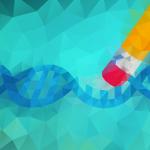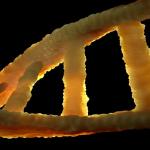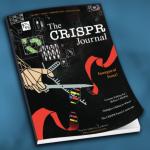Genetically modified organisms may soon be walking among us. But don’t worry—it won’t be due to some horrible tomato-based experiment gone awry.
CRISPR
China has a nasty habit of making people disappear. It doesn't really matter how important the person is, either.
You may have recently seen any of the following headlines saturating the airwaves over a scientist in China defying global ethical and procedural norms by going rogue and utilizing CRISPR technology in real world human experimentation:
Some people are anti-GMO because they don't like the idea of their food being genetically manipulated. But, what about food that is altered using the gene editing technology known as CRISPR-Cas9?
On an almost weekly basis, a new scientific discovery is being introduced with CRISPR technology at the heart of it. This week is no exception.
Patent No. 4,736,866 granted in 1988 was the first intentionally modified animal, the OncoMouse.
Monsanto, perhaps to rebrand itself, and certainly to remain a leader in agricultural biotech has helped establish and fund Pairwise Plants a start-up using CRISPR-Cas9 technologies to modify seeds.
New scientific discoveries should be held to a high standard. When they happen to be incredibly powerful and have the ability to edit the human genome, they should be held to the highest standard.
Wheat is the second most important food crop in the developing world. It's not just in pasta, either. Wheat is found in more food than you can imagine (1). Like corn and soy, we need it, and lots of it.
Over the last decade, the gene editing technology CRISPR (Clustered Regularly Interspaced Short Palidromic Repeats) has become a household word.












